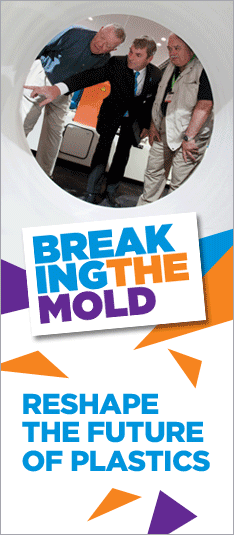
| Brazilian Plastics News |
Ethanol-based packaging of BASF´s pesticide reaches the market.Initiative is developed inside and for the sugar cane-derived production chain. February, 07, 2012 - BASF's Crop Protection unit announced the launch of the first ethanol-based packaging of a pesticide from its portfolio. It corresponds to the packaging of Regent 800 ® WG insecticide, a market leader in the management and control of major pests of sugarcane. According to Professor Marcos Fava Neves (FEA / USP Ribeirão Preto Campus) Brazilian agribusiness exports in 2011 grew 24% when compared with 2010, reaching $ 94.59 billion, allowing for the Brazilian trade balance to close the year with a surplus of $ 29.8 billion. The highest contributions came from the cultures of soybeans (U.S. $ 24 billion) and sugar cane (U.S. $ 16.35 billion). "In order to maintain the strength and the external trade significance of brazilian agribusiness, it is essential that crops with high export values, such as soybeans and sugar cane, start to use more renewable products in their processes, and become even more competitive," says the marketing manager for BASF's Specialty Crops, Redson Vieira. Unlike the conventional process for manufacturing polyethylene - which has oil as its raw material - the new packaging of Regent 800 WG insecticide will be manufactured as a result of the conversion of ethanol produced from sugar cane. In its manufacturing technology, ethanol is transformed into a hydrocarbon known as ethylene and subsequently into polyethylene, a thermoplastic resin used as the raw material for manufacturing the packaging. All polyethylene to be used is produced by Braskem, which sends the raw material to BASF´s suppliers that manufacture the ethanol-based packaging, including caps and bottles. According to studies conducted by ECO Space Foundation (ESF), which was established by BASF in 2005, this type of plastic removes up to two and a half tons of carbon from the atmosphere for each ton of product. Since January, many lots of Regent ® 800 WG have been produced with the new packaging. "BASF stands as one of the first companies in the agricultural industry to use this technology. Our expectation is to exert influence in the supply chain so that alternative packaging from renewable sources is used whenever possible, supporting the development of the whole productive sector of sugar cane and other crops in the country " concludes Redson Vieira. Source: BASF Brasil |


